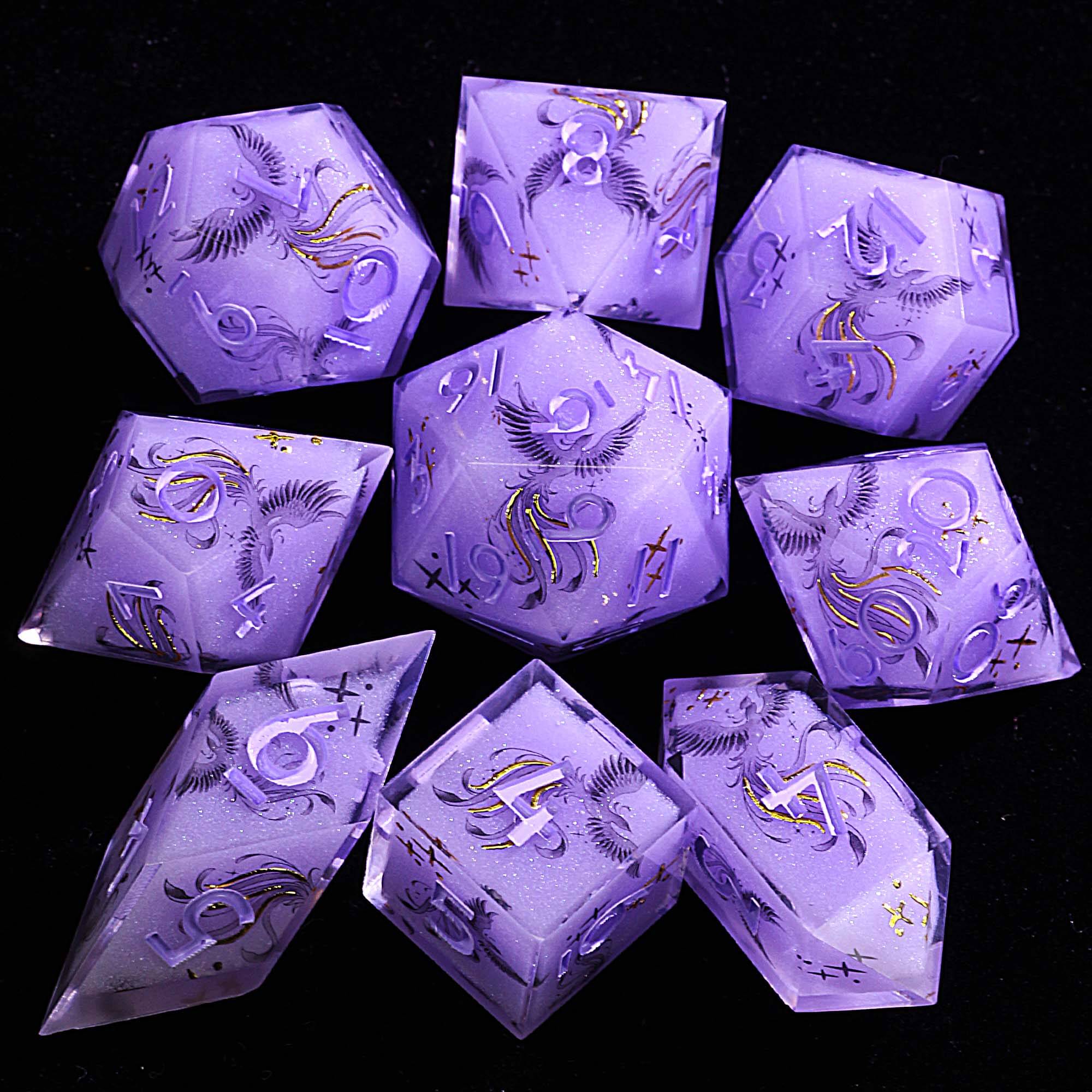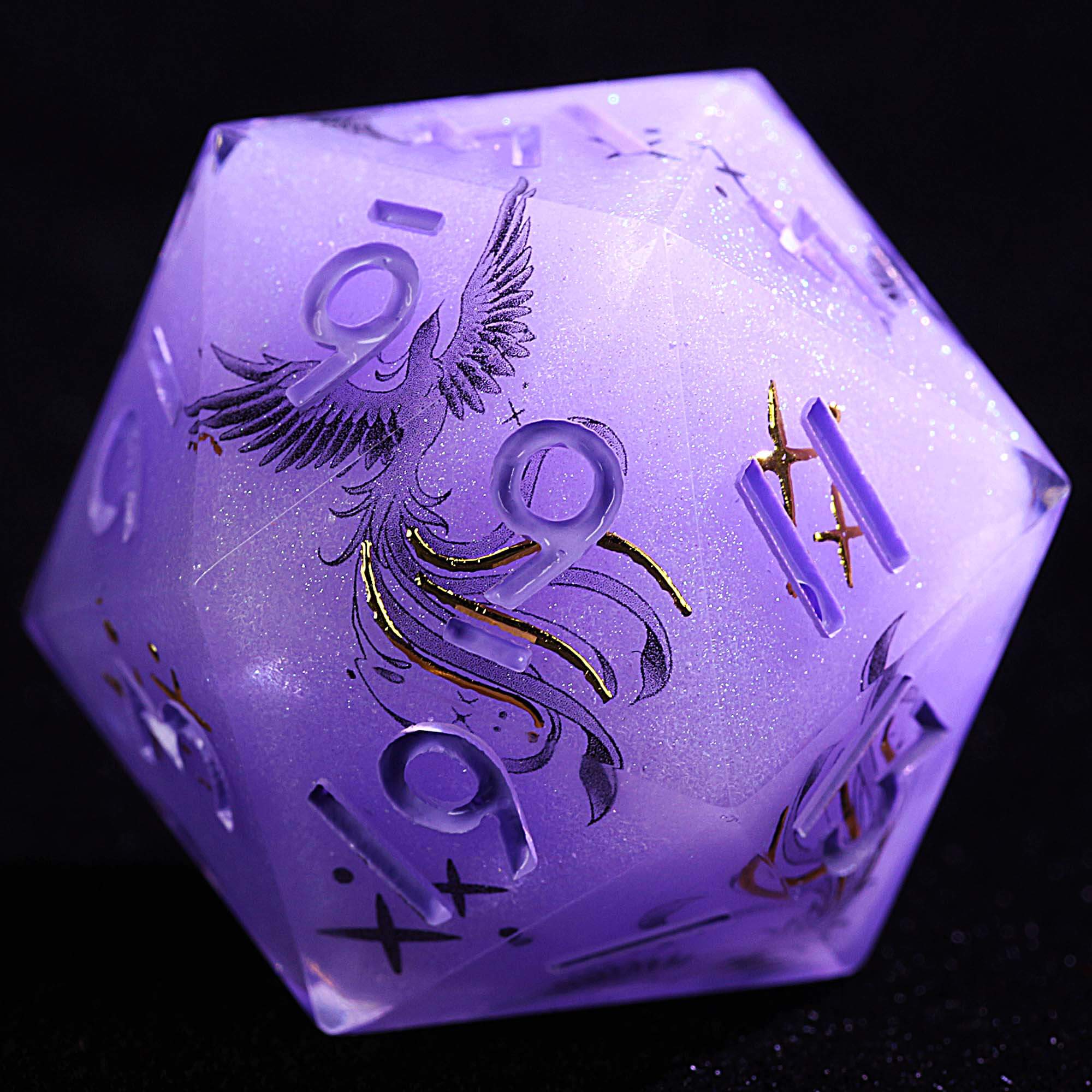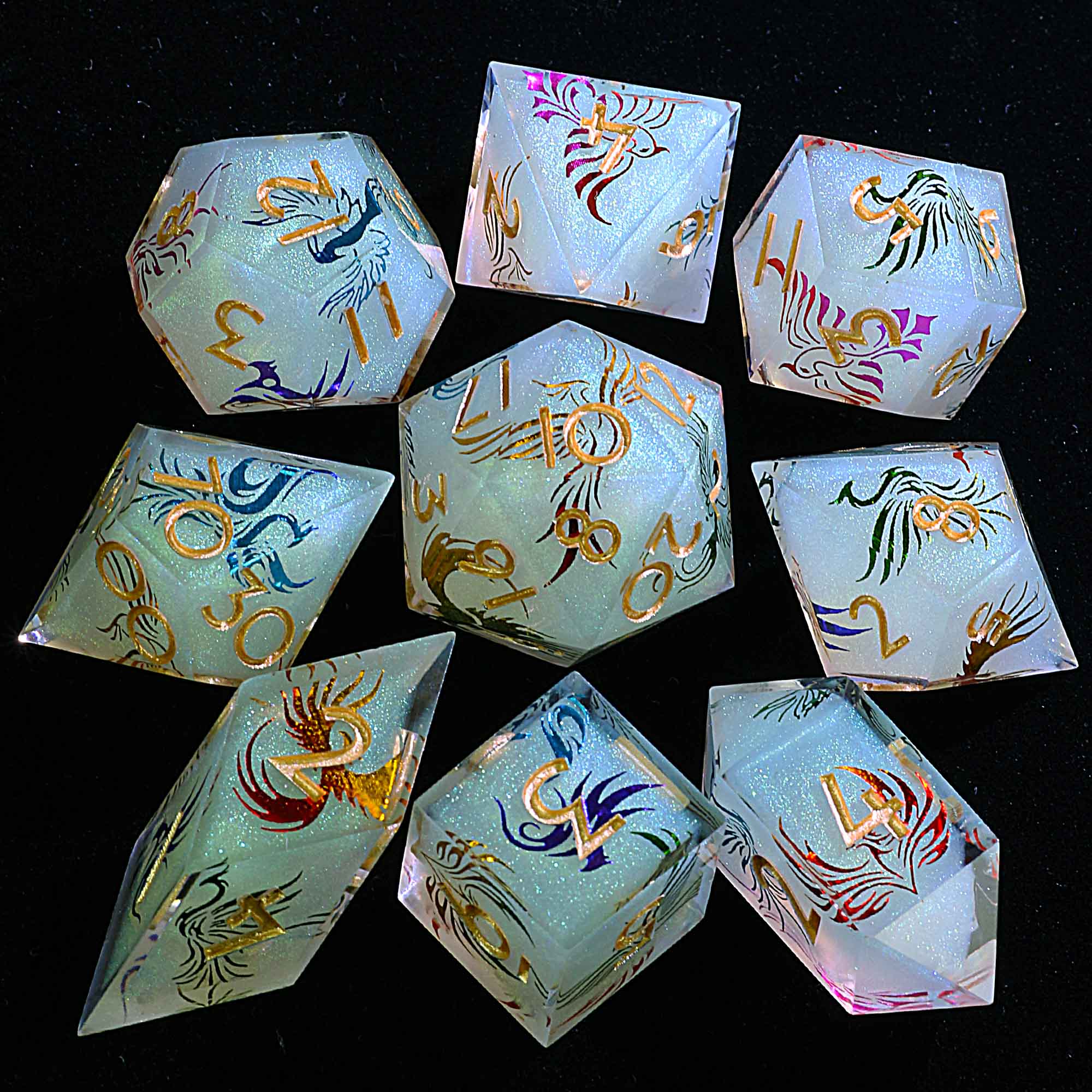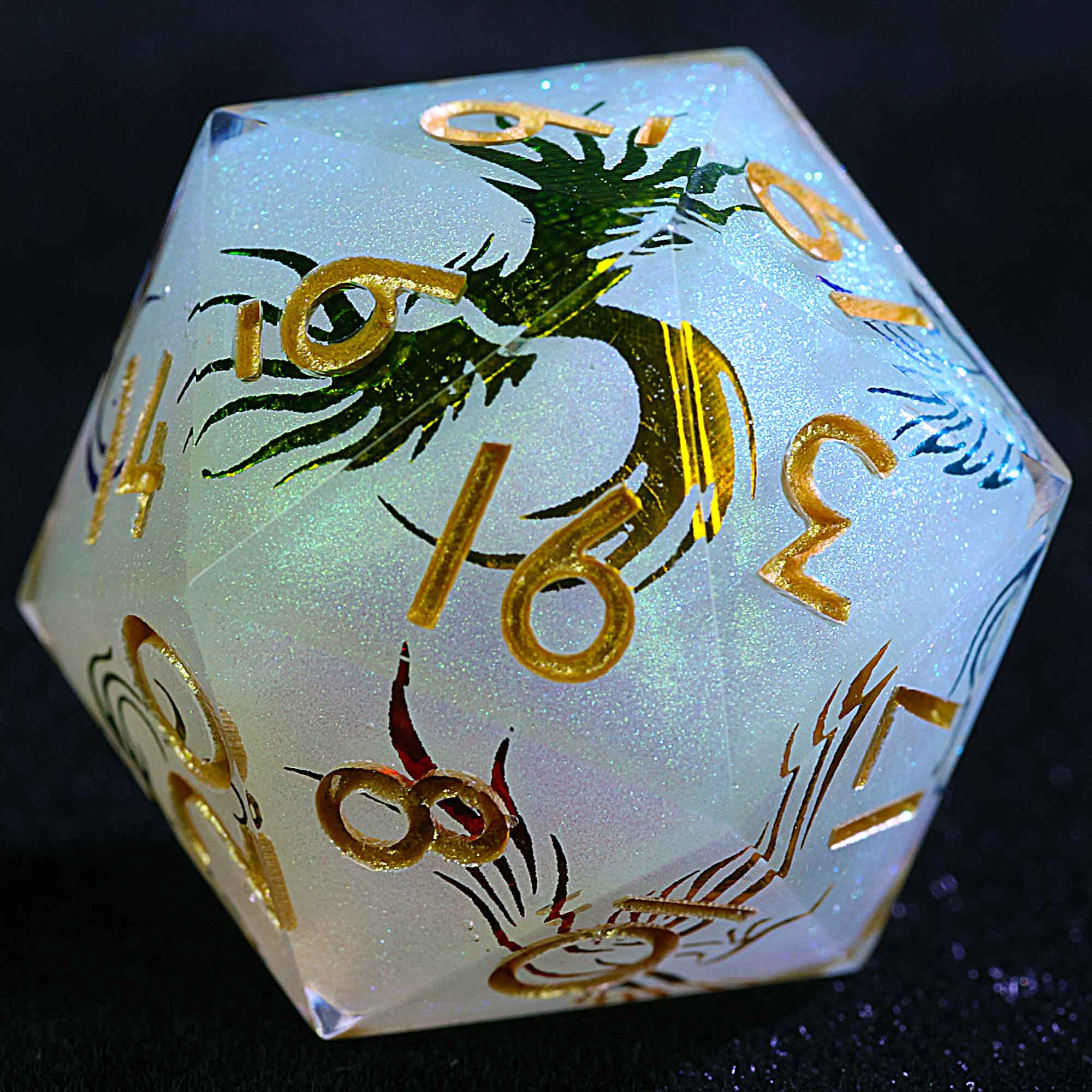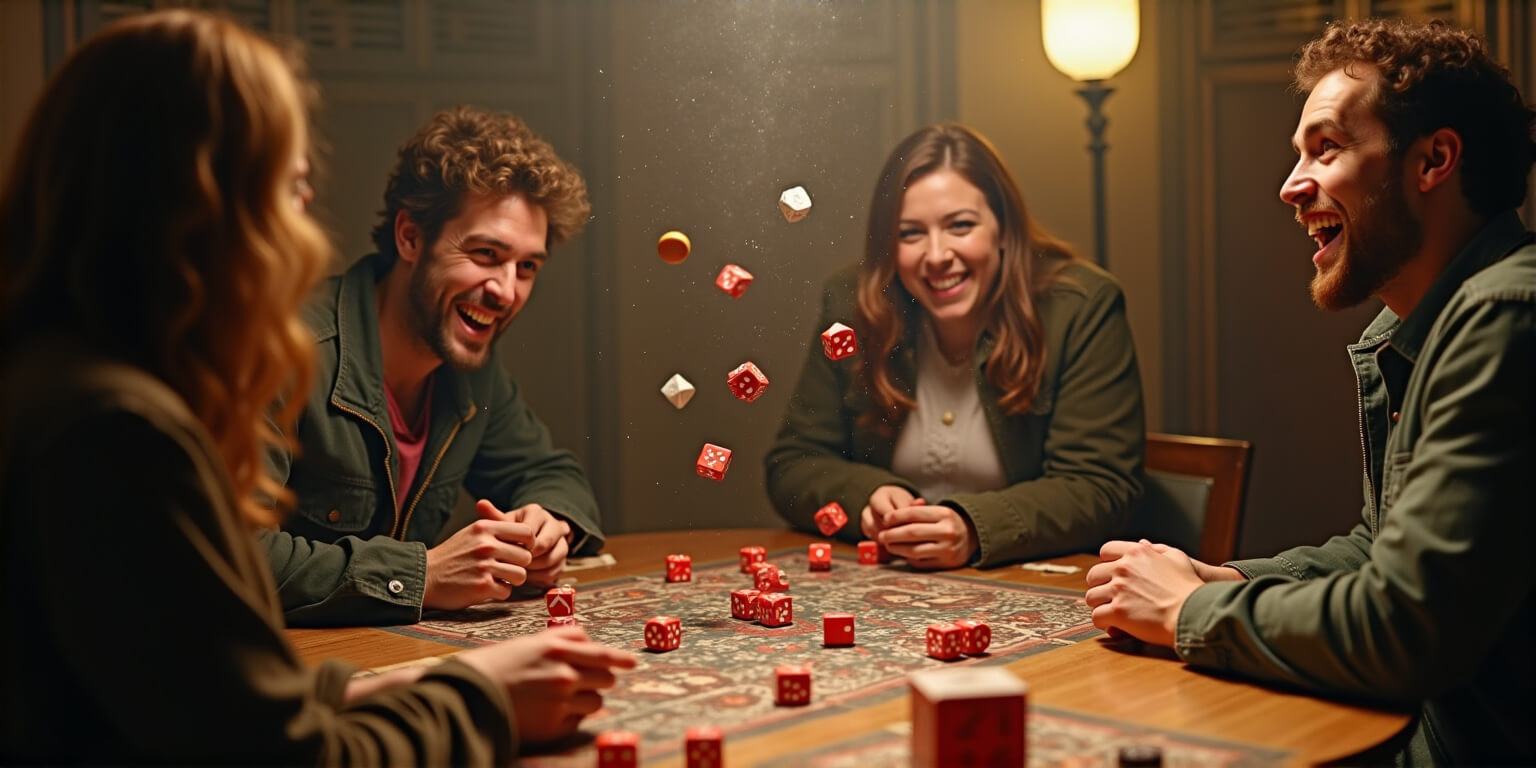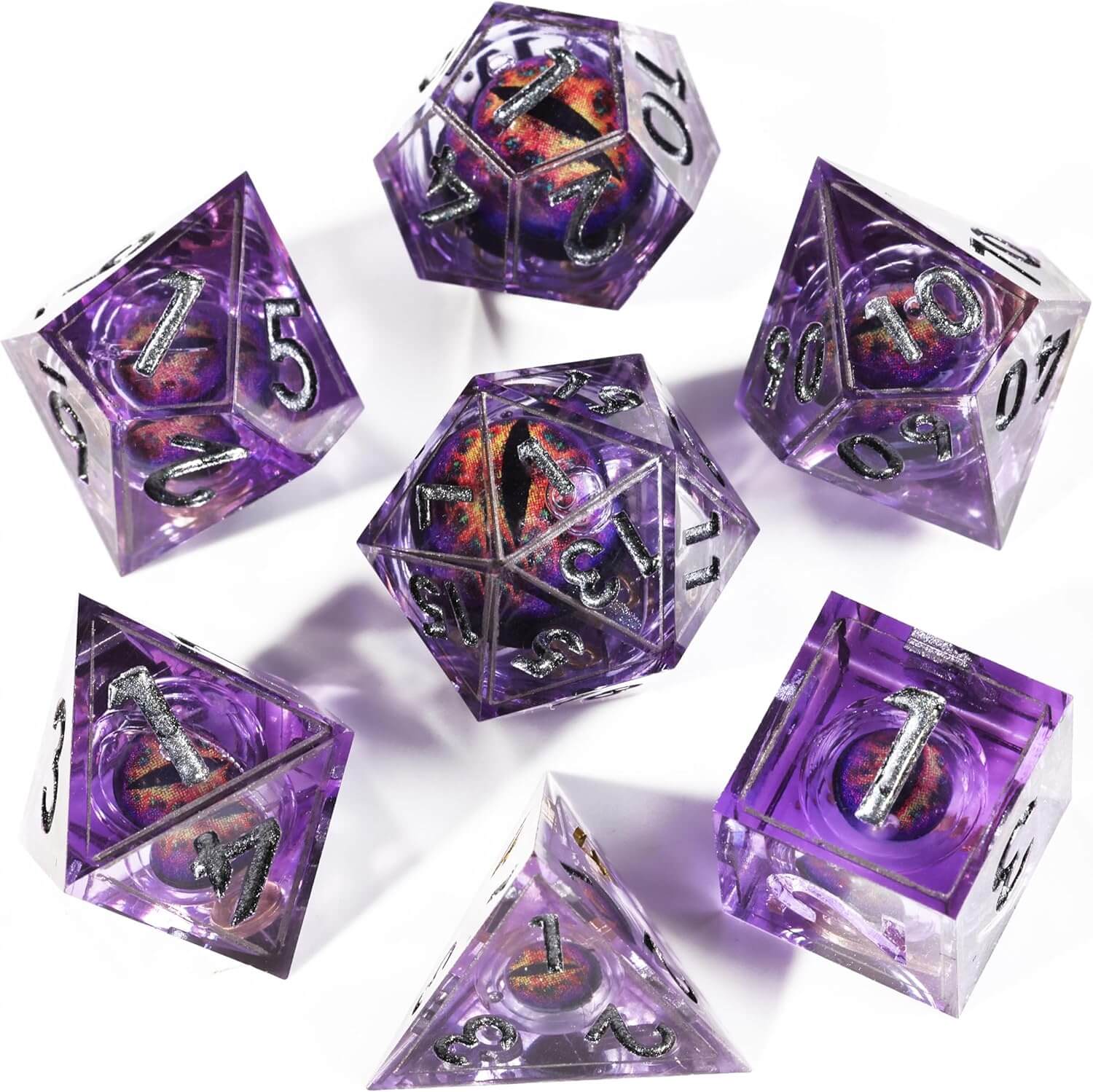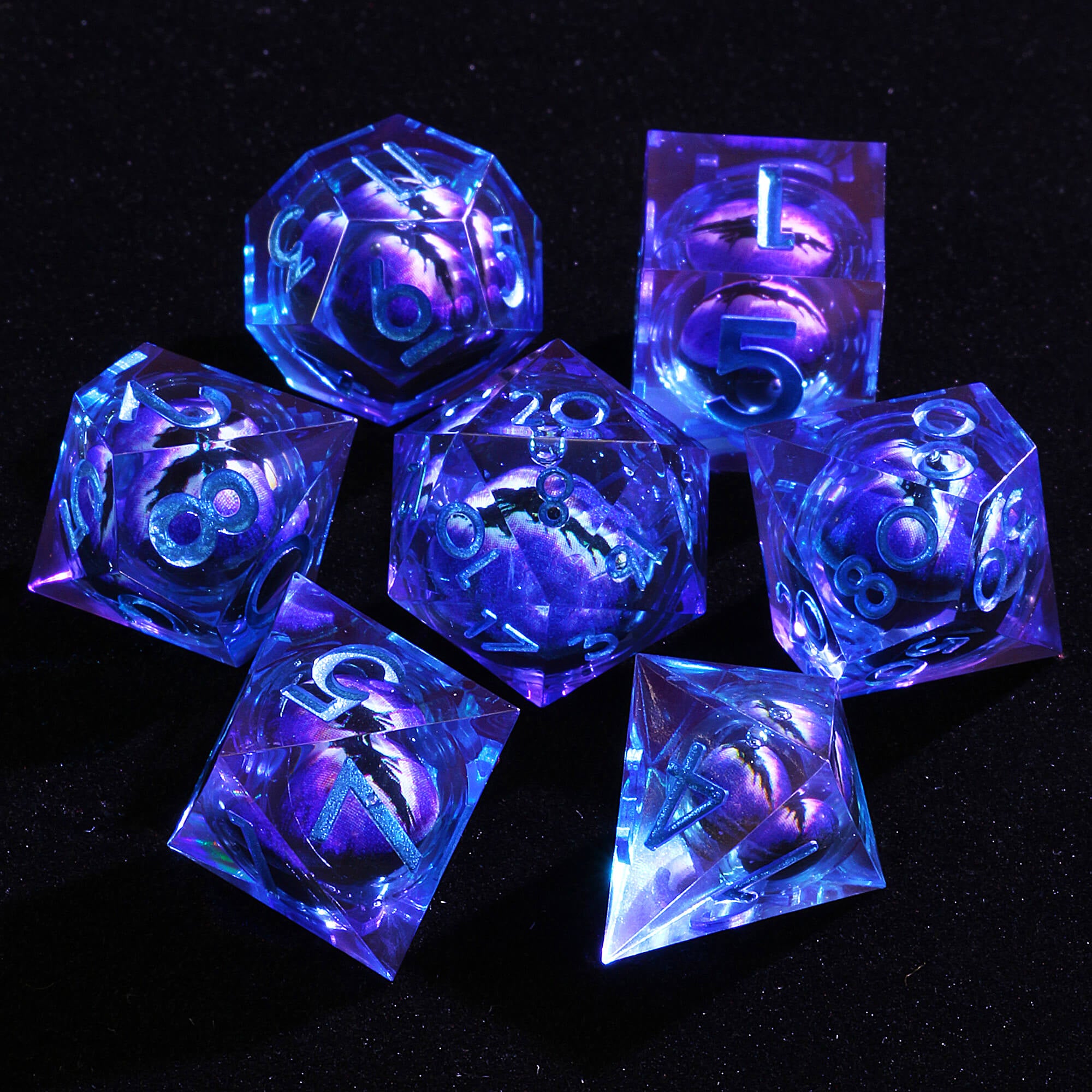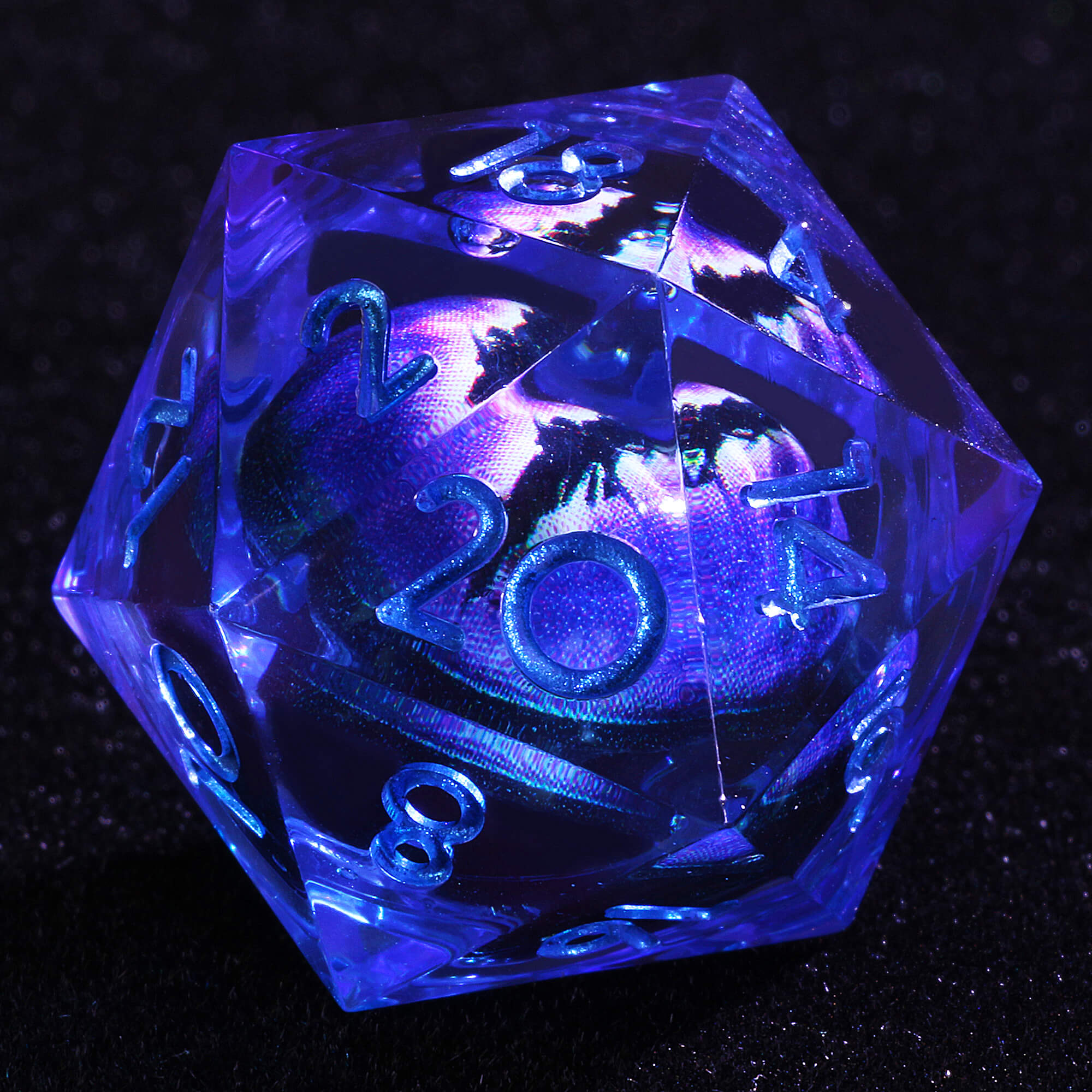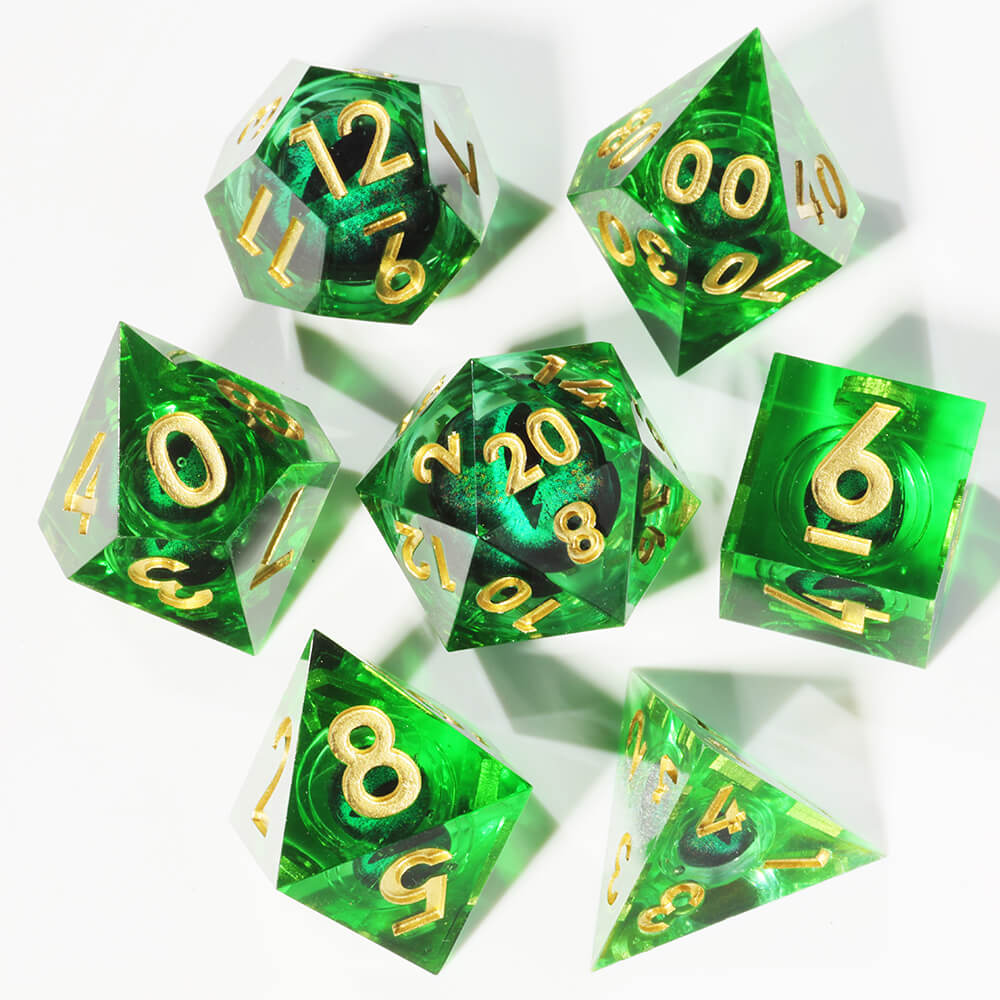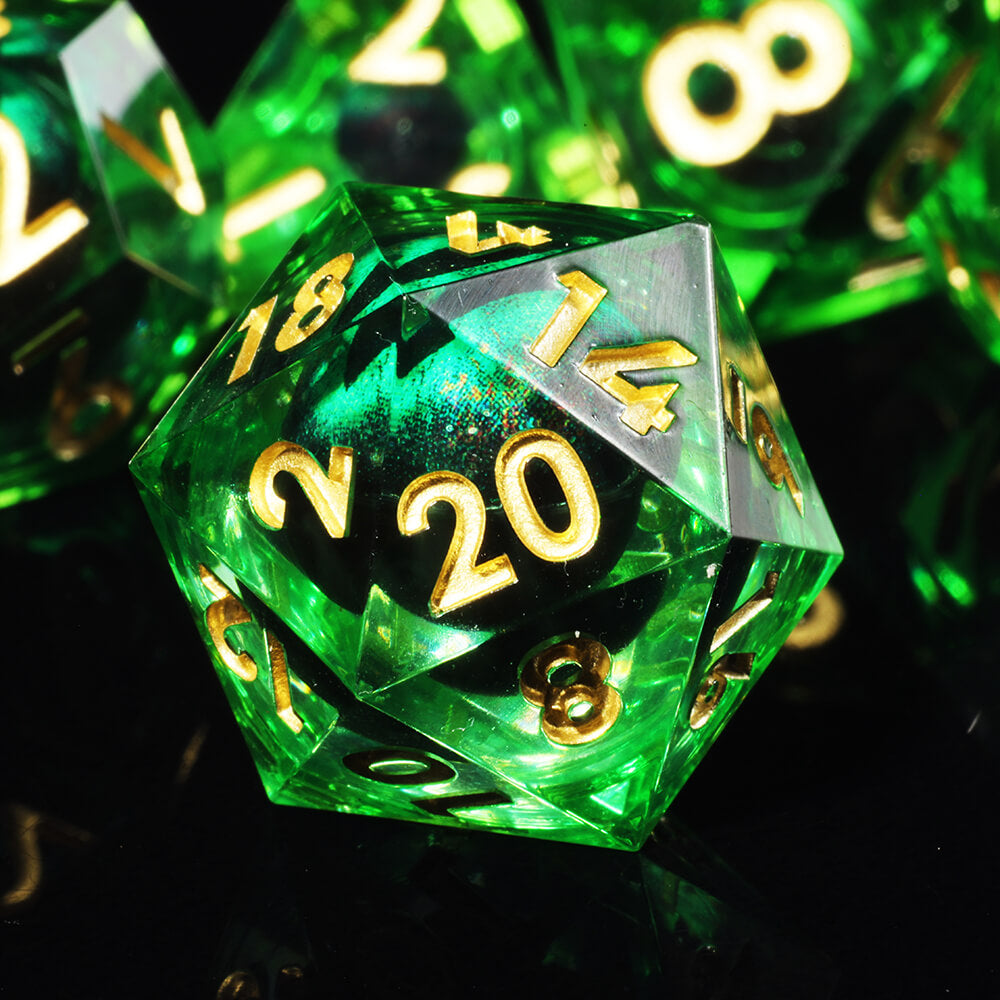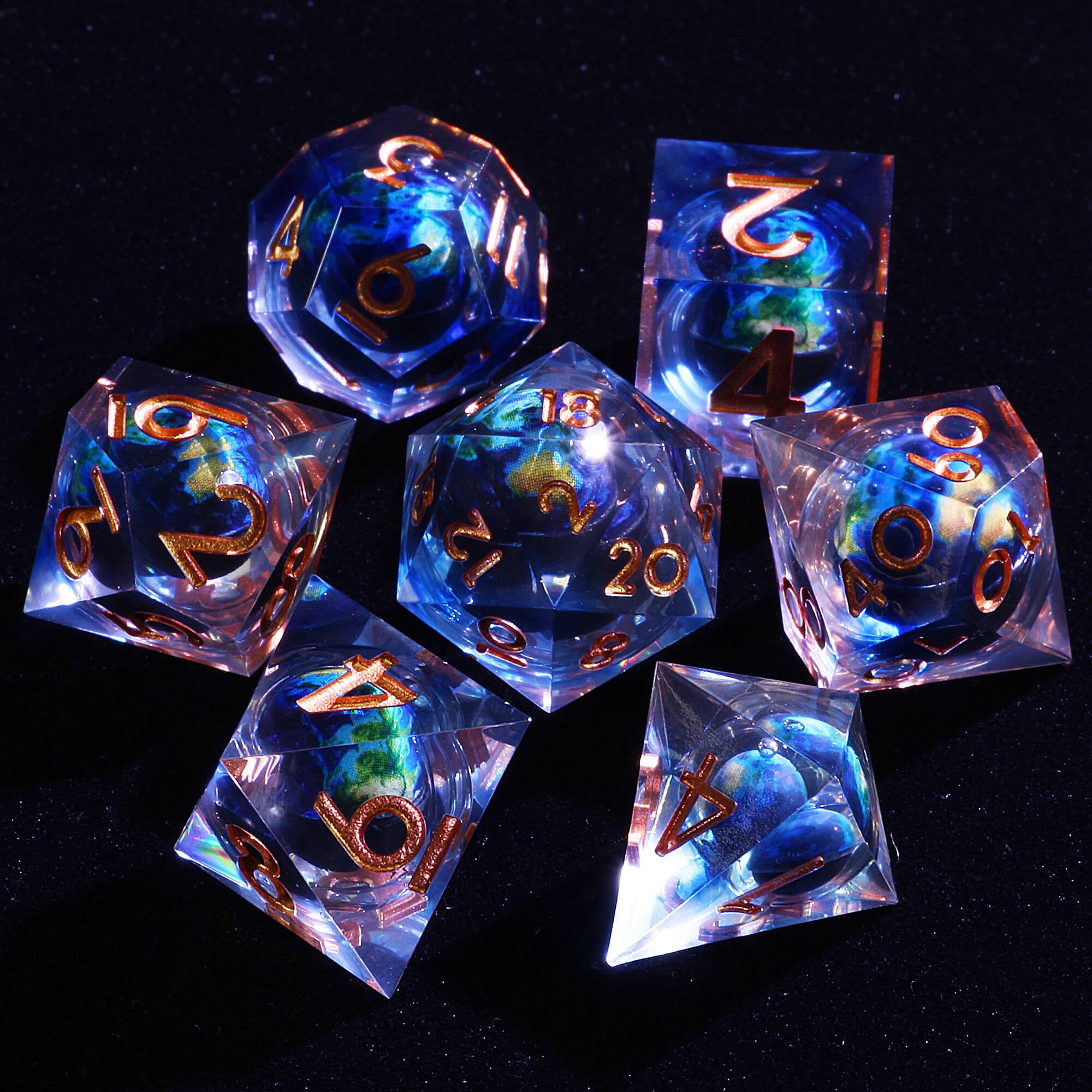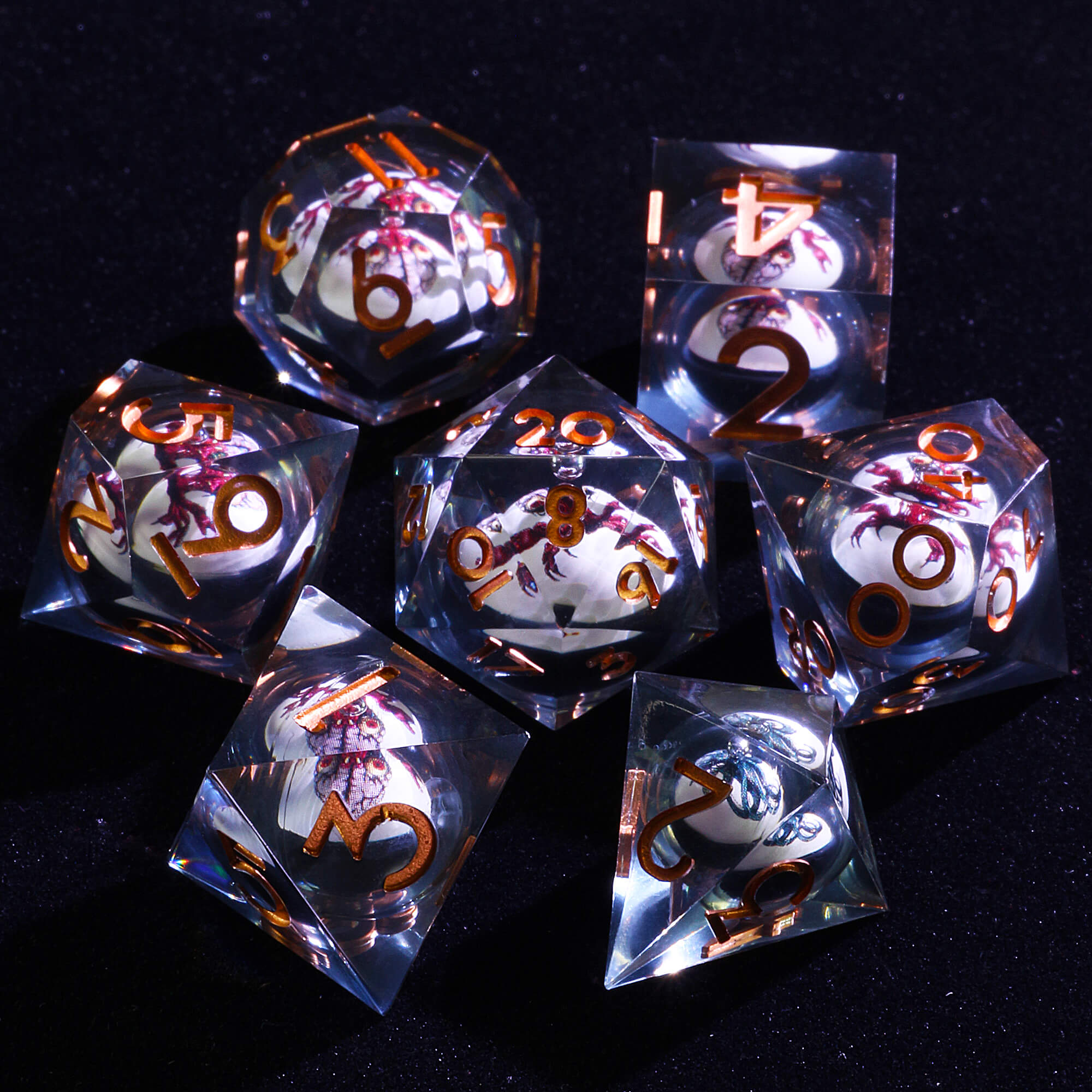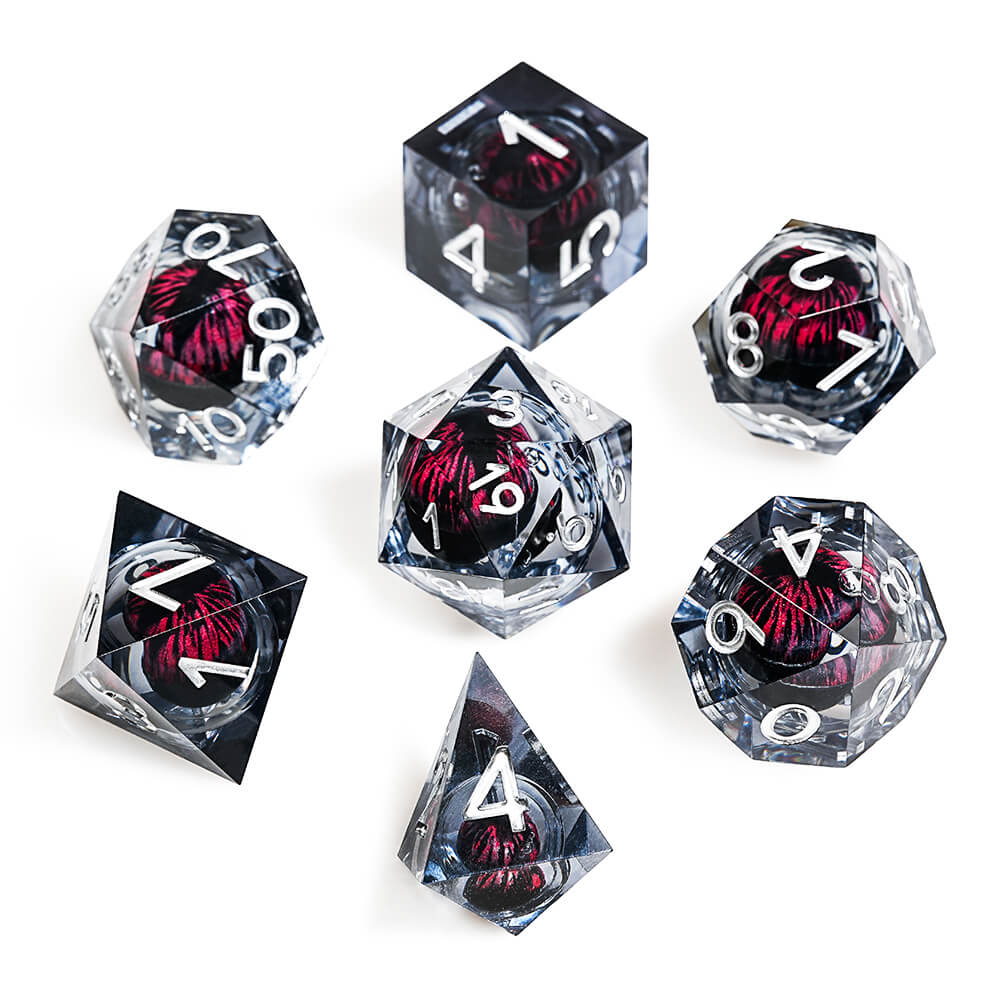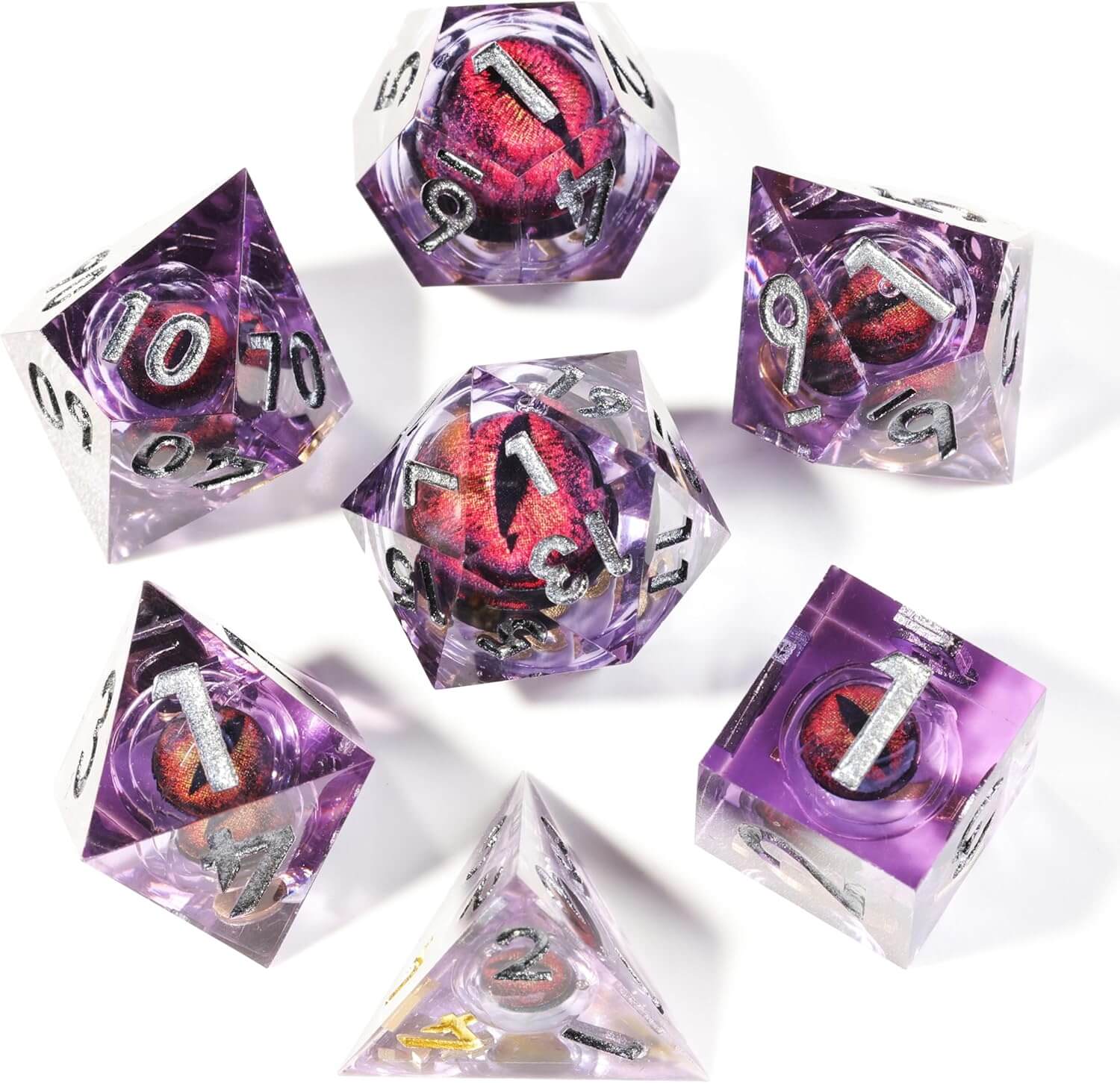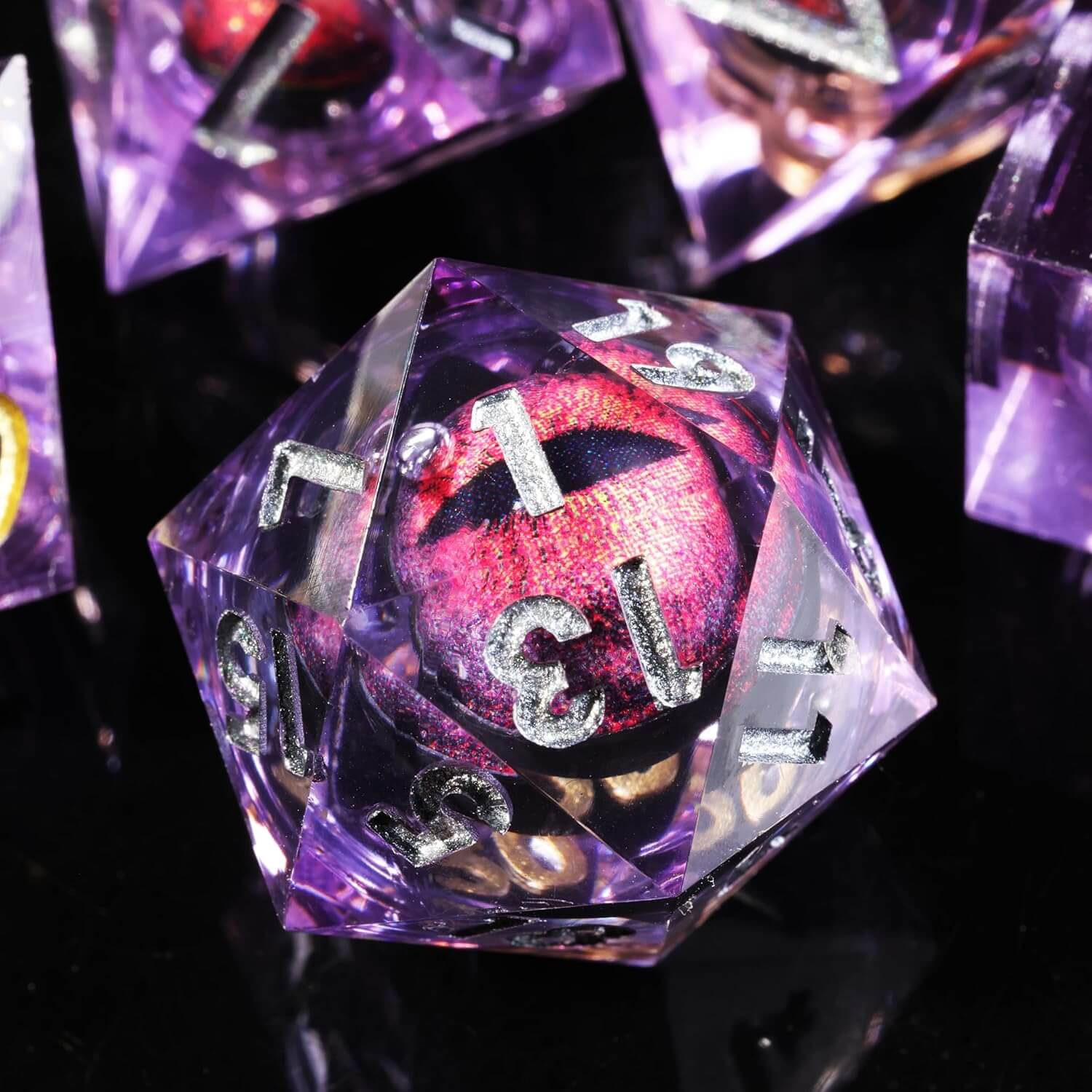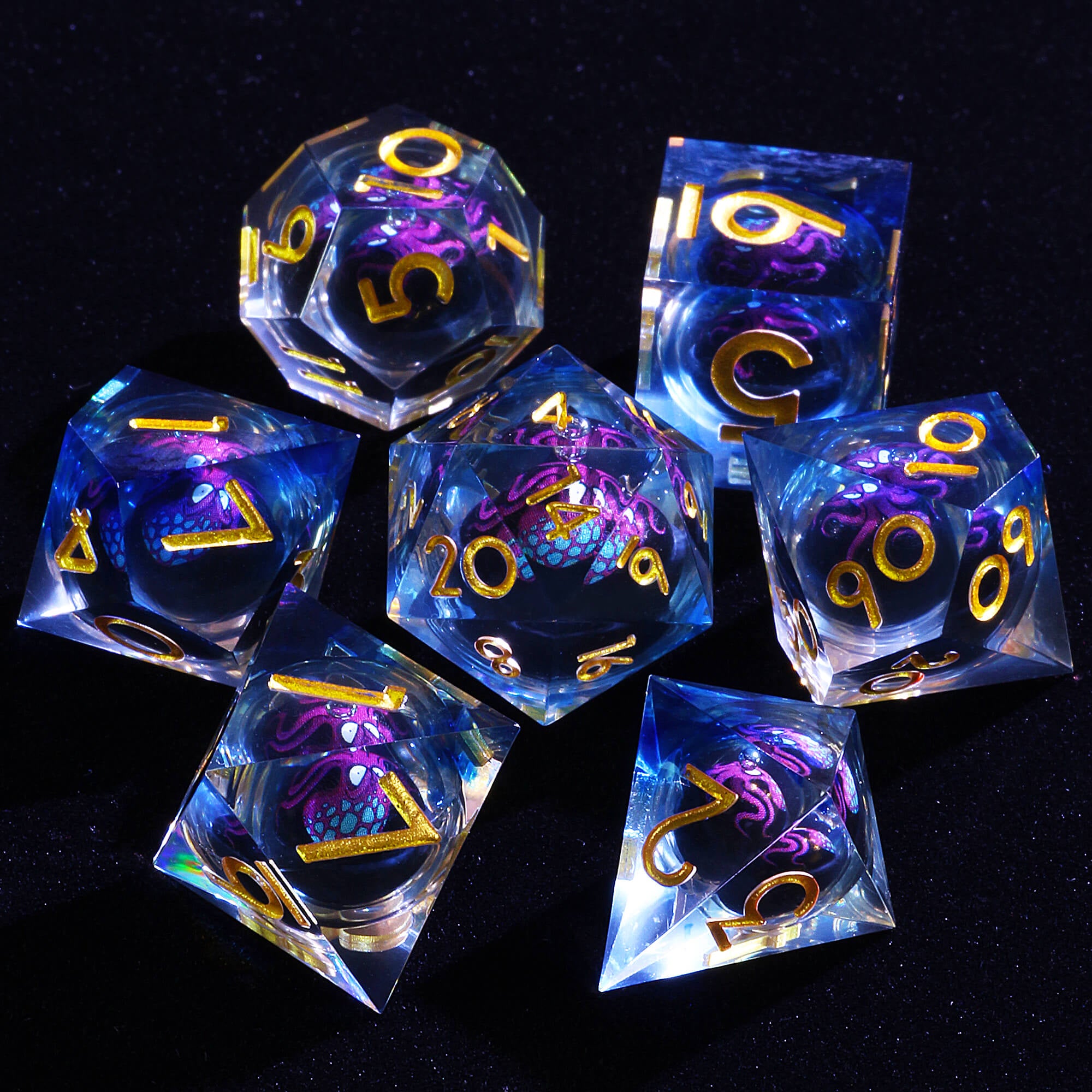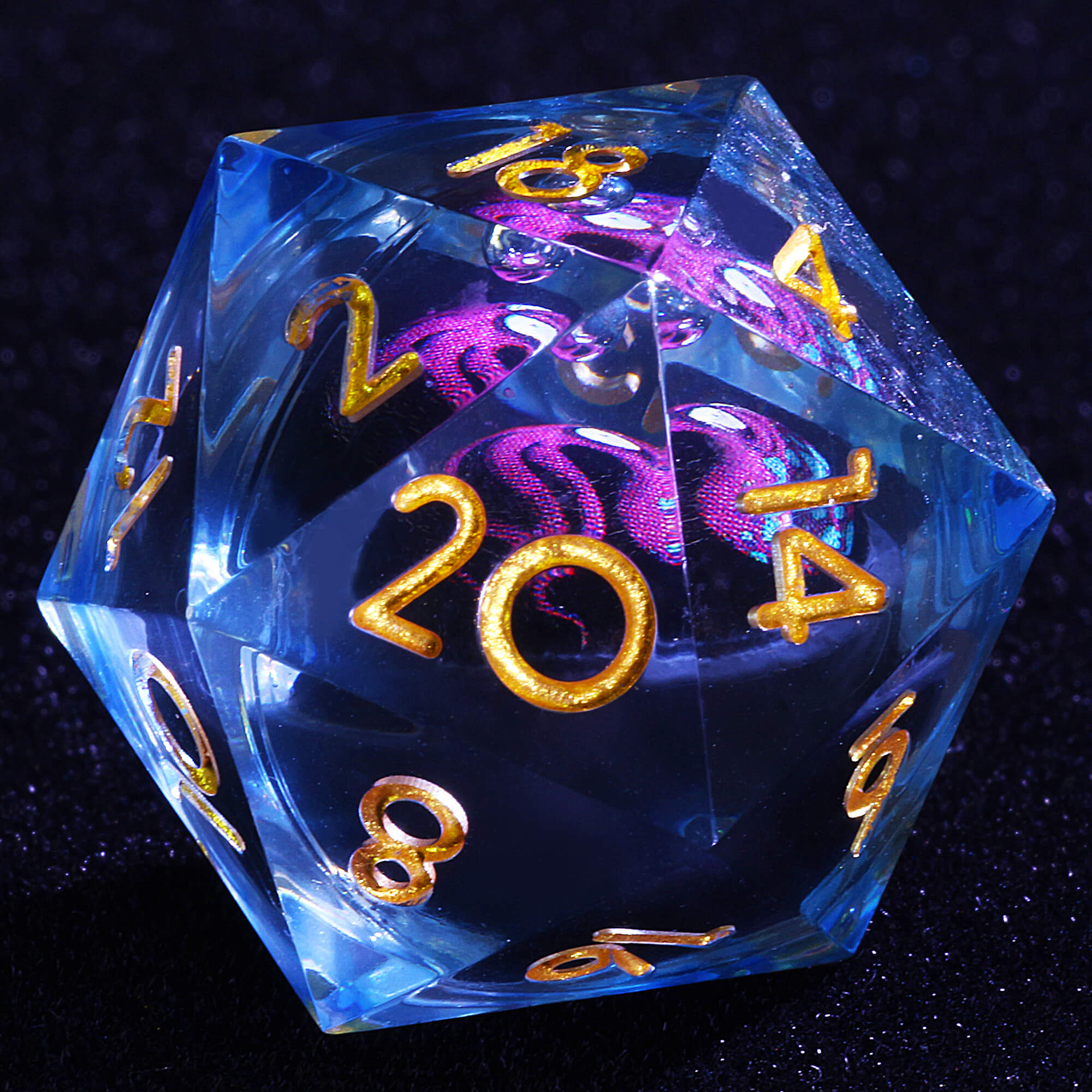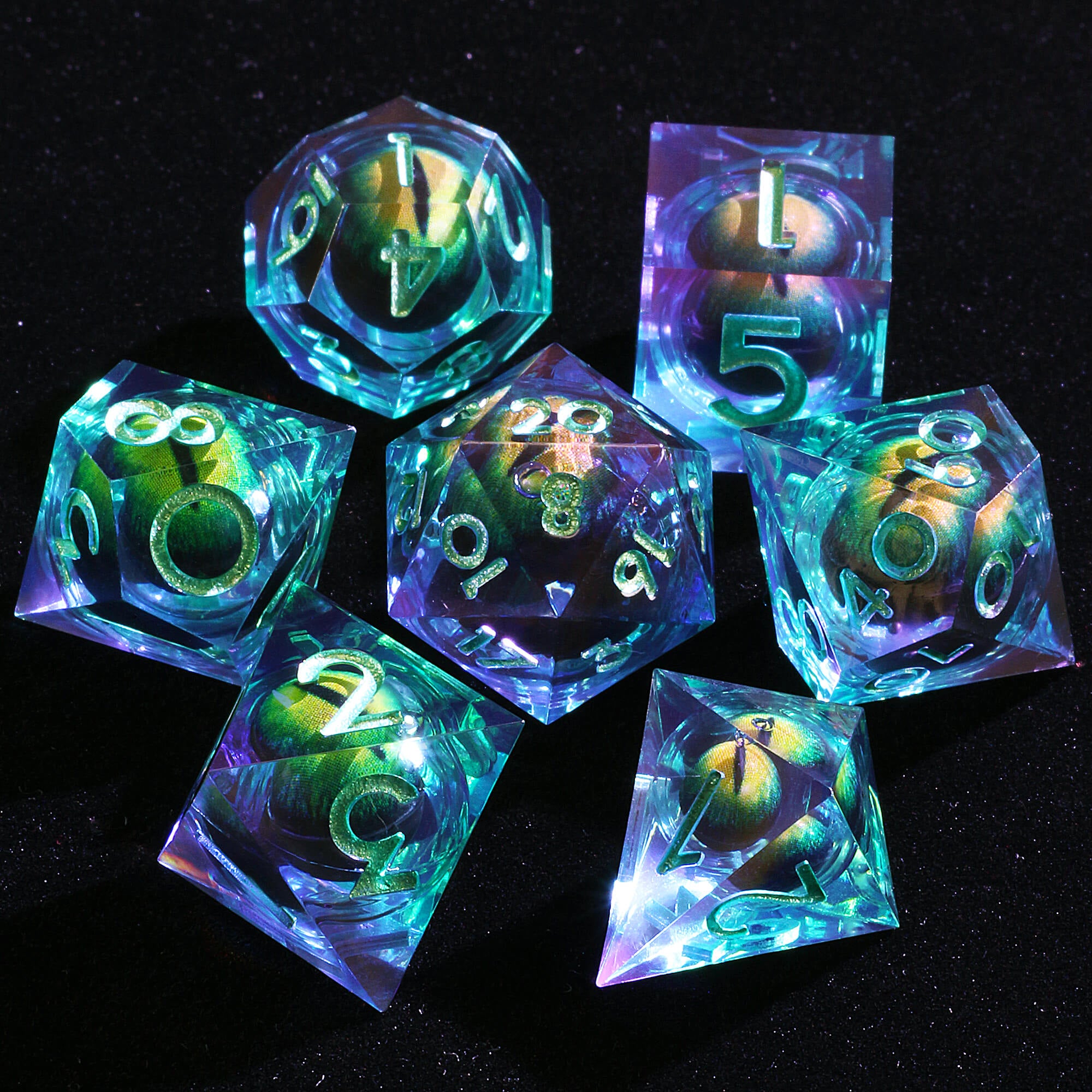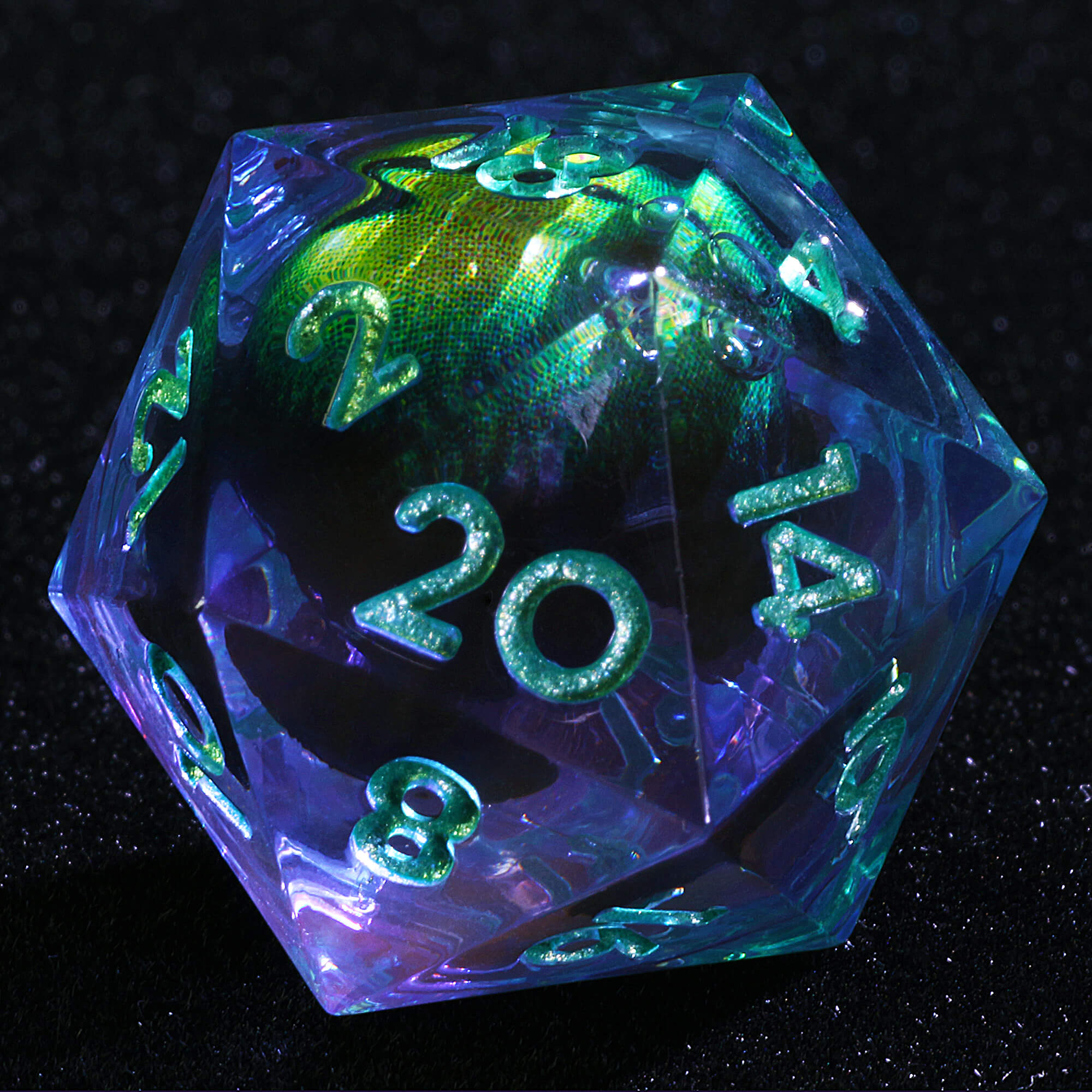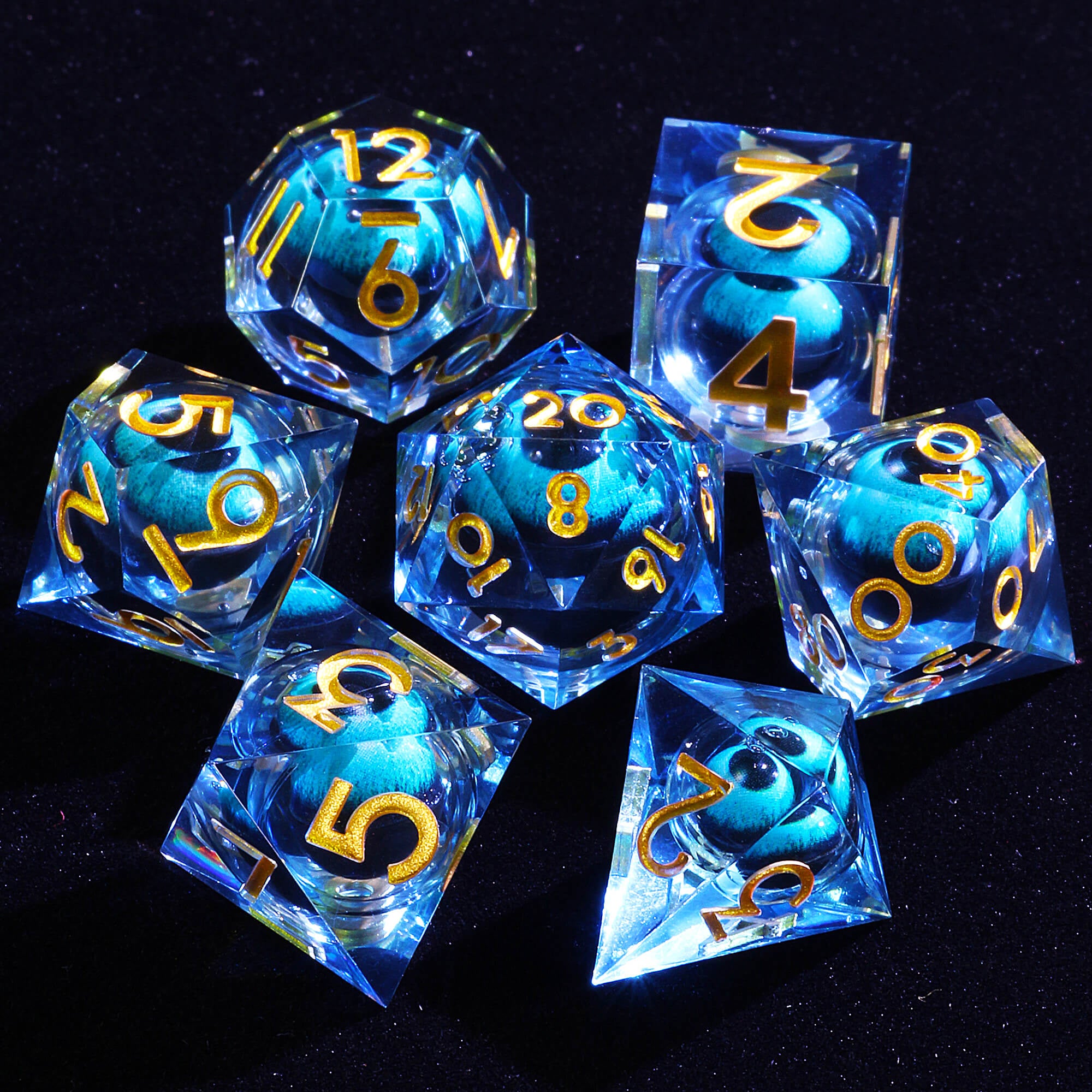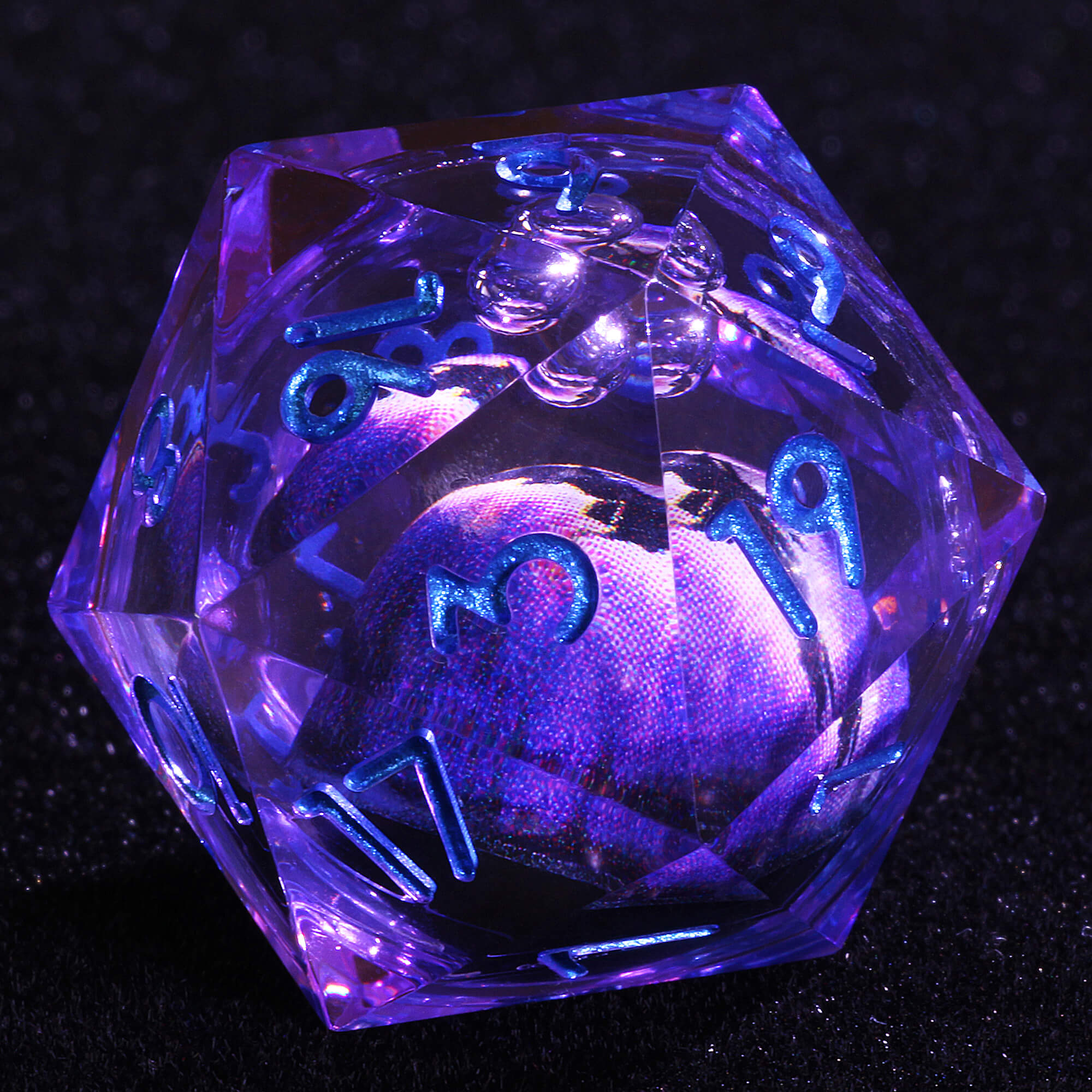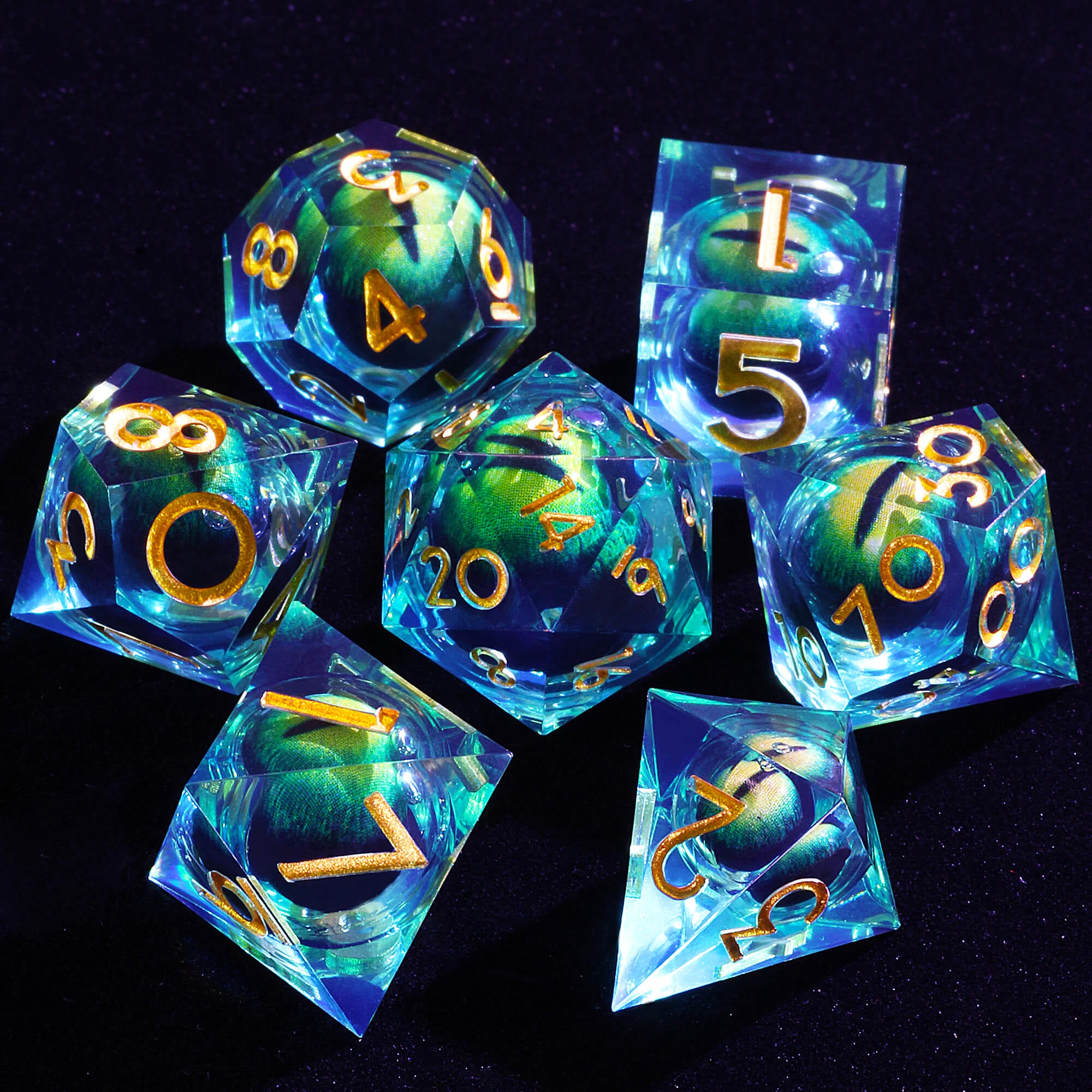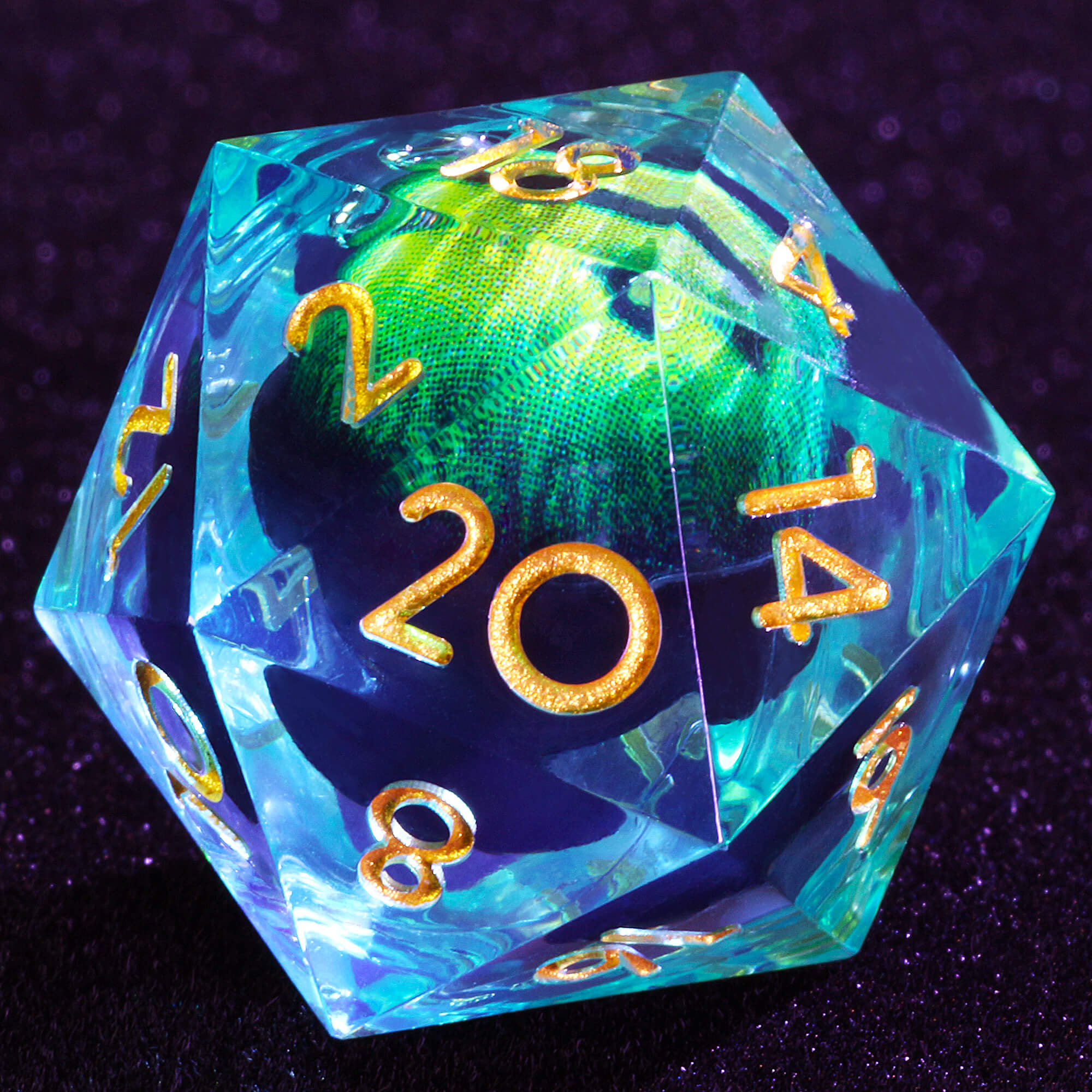Dice rolling is a fundamental part of many tabletop games but can sometimes lead to player disagreements. Whether it's a questionable roll, unclear rules, or simply the tension of a high-stakes game, disputes that disrupt the fun can arise. By establishing clear rules for rolling dice, you can ensure a secure and confident gaming experience for everyone at the table.
Establishing a Clear Rolling Area
Define the Space: Before starting the game, agree on a specific area where all dice rolls must occur. This could be a dice tray, a designated table section, or a special mat. Having a defined rolling space reduces the chances of dice bouncing off the table or landing in places where the results are hard to see.
Why It Matters: A clear rolling area prevents disputes over whether a roll is valid, especially if a die lands crooked or rolls off the table. It ensures that all players have a fair chance to see and verify the outcome.
Avoid Rolling Near Game Pieces
Clear the Area: Ensure that dice are rolled away from any game pieces, miniatures, or cards on the table. Rolling near game components can lead to accidental shifts or knockovers, causing confusion and disputes.
Why It Matters: Keeping the dice away from game pieces helps prevent disruptions to the game state, ensures everyone is clear on the board's current setup, and avoids unnecessary arguments about repositioning.
The Roll Must Be in View
Keep It Visible: Ensure that all dice rolls are made so that everyone at the table can see the result. This transparency is crucial in maintaining trust and fairness among players.
Why It Matters: When rolls are hidden or obscured, it can lead to suspicions of cheating or unfair play. Visible rolls help maintain integrity and prevent arguments over the legitimacy of the results.
Declare Your Roll Beforehand
Announce the Intent: Before rolling, clearly state which dice you're rolling and for what purpose. For example, if you're rolling for damage in a D&D game, say, "I'm rolling 2d6 for fire damage." This removes any ambiguity about what the roll represents.
Why It Matters: Declaring your roll before it happens ensures everyone is on the same page. It prevents misunderstandings about the purpose of a roll, especially in complex games where multiple rolls may co-occur.
Roll All Required Dice at Once
Minimize Multiple Rolls: Roll all the dice you need simultaneously rather than one at a time. This reduces the chances of forgetting a die or mixing up the results.
Why It Matters: Rolling all the necessary dice at once ensures consistent results and reduces the potential for errors. It also helps keep the game moving at a steady pace.
No Touching the Dice After Rolling
Hands Off: Once the dice have been rolled, no one should touch them until everyone has acknowledged the result. This rule is critical to avoiding disputes over what the dice showed initially.
Why It Matters: Touching or moving the dice after a roll can lead to accusations of altering the result. Keeping hands off until everyone agrees on the outcome maintains fairness and transparency.
Respect the Roll Outcome
Accept the Results: No matter the outcome, respecting the roll and moving forward with the game is essential. Complaining about bad rolls or attempting to re-roll without a clear rule can create unnecessary tension.
Why It Matters: Respecting the outcome of each roll maintains the integrity of the game and helps avoid arguments. It encourages players to focus on strategy and fun rather than getting caught up in the randomness of dice.
Agree on How to Handle Cocked or Fallen Dice
Set a Rule: Decide ahead of time how to handle dice that land crooked, off the table, or in a way that makes them hard to read. Standard rules include re-rolling cocked dice or counting them as they land, but the key is to have everyone agree on a consistent approach.
Why It Matters: Disagreements often arise from uncertain outcomes, like when a die lands at an angle. A pre-agreed rule for these situations prevents on-the-spot arguments and keeps the game moving smoothly.
The DM's Final Say
Respect the Authority: In role-playing games, the Dungeon Master (DM) or Game Master (GM) usually has the final say on disputes, including those involving dice rolls, respecting their authority to maintain the game's flow.
Why It Matters: The DM's role is to ensure the game runs smoothly and fairly. Trusting their judgment, even regarding dice rolls, helps keep the game enjoyable.
Handling Disputes with Grace
Stay Calm: If a dispute does arise, handle it calmly and respectfully. Sometimes, talking through the issue and referring to the established rules can resolve the matter without escalating tensions.
Why It Matters: The goal of any tabletop game is to have fun. Disputes over dice rolls can quickly sour the experience if not handled properly. Addressing issues with a cool head and sticking to the rules can make the game enjoyable for everyone involved.
Fun Over Formality
Stay Flexible: While it's essential to have rules for rolling dice, remember that the ultimate goal of tabletop games is to have fun. Rules should enhance the enjoyment of the game, not stifle it. By prioritizing fun over strict adherence to rules, you can ensure a relaxed and engaging gaming experience for all players.
Why It Matters: Flexibility and focusing on fun can make the gaming experience more enjoyable. By prioritizing fun over strict adherence to rules, you ensure the game remains a positive and engaging experience for all players.
Conclusion: Disputes over dice rolls are not uncommon in tabletop games, but they don't have to ruin the fun. By setting clear rules for rolling, maintaining transparency, and handling disputes respectfully, you can ensure that your game sessions remain smooth and enjoyable. Remember, the ultimate goal is to have a great time with friends—clear rules for rolling dice are just one way to keep the focus on fun.

